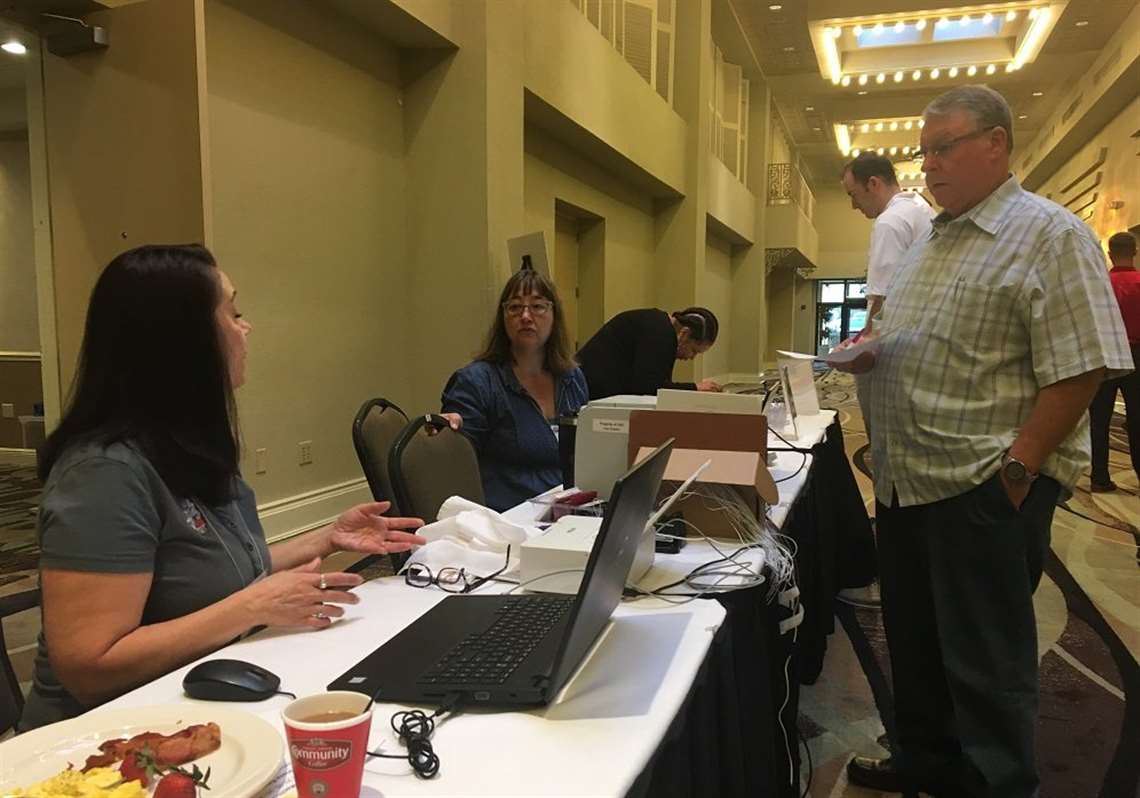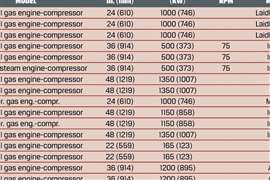GSRMS Weighs Training Options
April 24, 2018

The Gulf South Rotating Machinery Symposium (GSRMS) finds itself at a crossroad, with its members debating the best way for industry professionals to access maintenance-based training courses going forward.
In its current state, the GSRMS serves as an industry event centered around training in the form of short courses and tutorials in Baton Rouge, La. While training is essential, the oil and gas industry’s cyclical nature makes it difficult to pull in the larger numbers of yesteryear, said Darren Lesinski, GSRMS president.
“The health of the show on the training side is solid,” said Lesinski, who is also technical director at Total Specialties US, Inc. “We get a good group of people. But from the manufacturers, the OEMs and vendors, we need more involvement from them. Those numbers are down.”
In its heyday, the GSRMS, which debuted in 1983 as the Gulf South Gas Compressor Symposium, would pull in 400 to 500 registered attendees annually. Those numbers stayed fairly consistent over the years, but the market crash of 2009 “put a dent in the show,” Lesinski said, adding that this year’s GSRMS attendance is around 200.
“The oil patch retracted mostly in Texas and somewhat in Louisiana,” he said. “That lead to a severe decline in attendance and to companies cutting back on training.”

The GSRMS executive committee plans to keep the show running, but will take a more proactive approach to offering technical training. The Continuing Education Dept. of Louisiana State University (LSU), which runs the GSRMS, wants to bring its training offerings directly to companies within the oil and gas industry.
Following the 2009 downturn, Lesinski said many companies went leaner, which made training courses and tutorials all the more important. But with less staff, those same companies have to decide whether to strain their staff further with planned absences or forgo outside training altogether.
“We want to do a better job of outreach with those companies,” Lesinski said. “We can reduce the costs for these companies by bringing the training to them. We’re still working on all the details.”
Lesinski isn’t naïve when it comes to the availability of training and the lure of convenience. The GSRMS isn’t the only training resource for the oil and gas industry. As such, many will turn to private companies or online courses for training. While those options have merit, Lesinski stressed the value of the GSRMS’ training courses and tutorials.
“Our training is hands-on and in person. It’s not online with a certificate you can print out at the end,” he said. “With our hands-on courses, guys get to actually touch a piece of machinery. There’s a benefit to seeing the equipment and getting a feel for it.”
For now, Lesinski hopes the quality of the GSRMS’ training offerings is enough to keep industry professionals flocking to Baton Rouge as the executive committee looks to expand beyond the show floor.
“We’re looking at everything,” he said. “We’re trying to improve the appeal on all fronts.”
MAGAZINE
NEWSLETTER

CONNECT WITH THE TEAM








